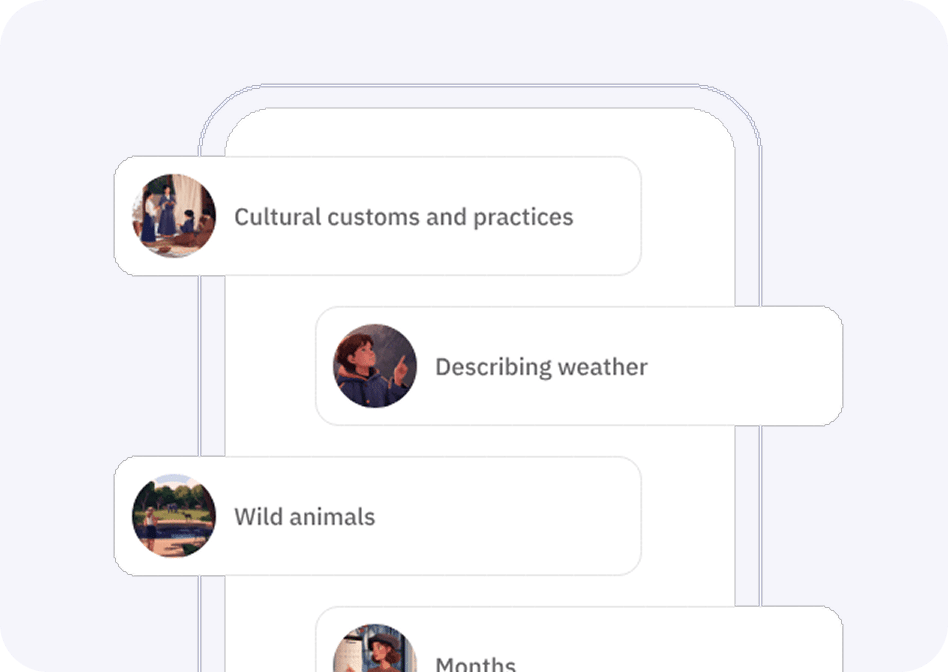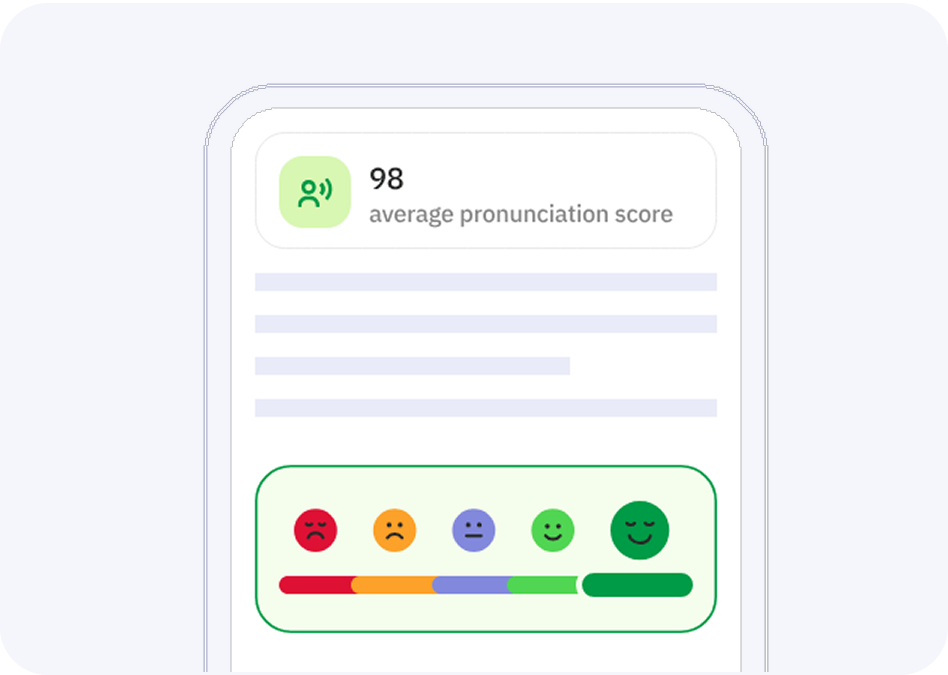Learn Advanced Italian
Italian, a language of art, history, and culture, is passionately pursued by many past the basics. If you’re inspired to advance your command over this beautiful language, diving deeper into advanced Italian is the way to accomplish it. Whether you’re preparing for a professional move, academic attainment, or personal satisfaction, learning advanced Italian can open a plethora of opportunities. This article discusses various strategies, tools, and tips to help you learn advanced Italian effectively. We highlight the use of innovative tools like Talkpal AI that can revolutionize your learning journey.

The talkpal difference

Personalized Education
Every student has a distinct style of acquiring knowledge. Through Talkpal technology, we analyze the study patterns of millions of users concurrently to build highly effective educational frameworks. These insights allow us to fully customize the lesson plans for every single user based on their specific interests and needs.

Cutting-Edge Technology
Our main mission is to lead the way in providing a unique study experience for every person. We accomplish this by leveraging the most recent innovations in technology to ensure you get the best AI-driven guidance available.

Making Learning Fun
We have transformed the educational process into a delightful activity. Since maintaining motivation in an online setting is often difficult, we developed Talkpal to be immersive and exciting. The experience is so compelling that many users prefer improving their language skills with our app instead of playing video games.
LANGUAGE LEARNING EXCELLENCE
The most efficient way to learn a language
Try Talkpal for freeMastering La Bella Lingua – Learn Advanced Italian
1. Embrace the Italian Culture
When you learn advanced Italian, immersing yourself in the Italian culture can enhance your understanding of nuanced language aspects. Reading Italian literature, watching Italian cinema, and listening to Italian music can provide deeper insights into the idiomatic expressions and cultural references that are crucial at advanced levels.
2. Advanced Grammar Masterclass
To speak and write Italian fluently, a strong grasp of advanced grammar is essential. Focus on learning complex sentence structures, the subjunctive mood, and conditional tenses. Resources like advanced Italian textbooks and online courses can offer detailed grammatical instructions and exercises that are critical for mastering this stage.
3. Practice with Native Speakers
Interacting with native speakers is invaluable. Regular conversations will challenge you to utilize your vocabulary and grammar skills in real-time, providing the practical experience needed for fluency. Platforms like Talkpal AI allow you to connect with Italian speakers around the world, facilitating an engaging and interactive learning environment.
4. Advanced Writing Exercises
Honing your writing skills at an advanced level involves creative and analytical writing. Try crafting essays, narratives, and critical analyses in Italian, focusing on structure, style, and accuracy. This exercise not only improves your writing but also enhances your overall language comprehension and retention.
5. Use of Technology in Learning
Incorporating technology, such as language learning apps and AI tools like Talkpal AI, can significantly benefit your study regimen. These platforms use algorithms to personalize your learning experience, often incorporating spoken language practice, which is crucial at advanced levels.
6. Enroll in Advanced Language Courses
Enrolling in advanced-level courses offered by universities or online platforms can expose you to professional and standardized learning methods. These courses are structured to systematically cover all complex aspects of the language, including advanced vocabulary and grammar.
7. Regular Language Reviews and Testing
Continuous assessment is key in measuring your progress. Utilize regular quizzes and tests to evaluate your command of the language. Many advanced Italian courses include periodic assessments to help you identify areas that need improvement.
8. Travel and Language Immersion
If possible, travel to Italy or spend a significant amount of time in an Italian-speaking region. Full immersion is often cited as the most effective way to learn a language, providing real-world context to the vocabulary and grammatical structures you’ve studied.
The most efficient way to learn a language
Try Talkpal for freeFrequently Asked Questions
What makes learning advanced Italian different from beginner levels?
How long does it typically take to reach an advanced level in Italian?
Are there specific certifications that recognize advanced proficiency in Italian?
Can advanced Italian learning help in professional contexts?
What are the must-have resources for someone looking to learn advanced Italian?







